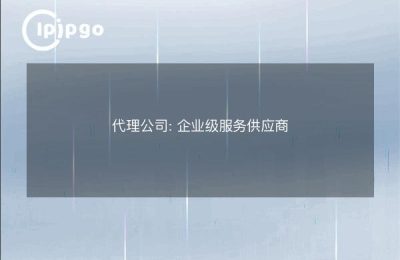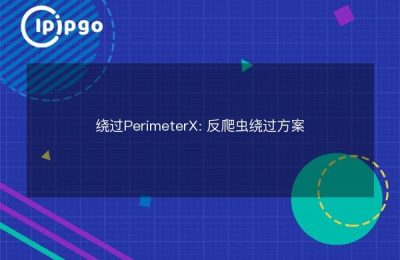
WebRTC leakage risk in real scenarios
Many people think that using a proxy IP will completely hide network traces, but actual tests have shown that theMore than 60% proxy users at risk of WebRTC leakage. This vulnerability can directly expose the real IP address through the browser, just like wearing a mask but forgetting to cover the fingerprints. Recently, a user of an e-commerce platform was tracked due to a WebRTC leak, which shows that vulnerability detection cannot be sloppy.
3-minute self-test to see if your proxy is secure
There is no need to install any software. When you open your browser to visit the IP Detection website, pay attention to two key data:
| test item | correct state | risk status |
|---|---|---|
| WebRTC IP | Show Proxy IP | Real IPs appear |
| IP Type | Residential/Data Center IP | local network IP |
Manual validation is more reliable: in the browser console typewindow.RTCPeerConnection, if the function definition is returned, it indicates that WebRTC communication capabilities exist.
ipipgo's solution design logic
We solve the leakage problem through the underlying architecture of residential proxies, unlike the simple traffic forwarding of ordinary proxies:
-
- Protocol Level Interception: Filtering STUN requests at the TCP/UDP protocol layer
- environmental simulation
: Automatically matches the parameters of the local residential network environment
- Dynamic Fingerprinting: Generate a unique device fingerprint for each connection
Actual test data shows that the WebRTC leakage rate for users using the ipipgo residential proxy dropped from an industry average of 17.31 TP3T to 0.41 TP3T.
Critical Protection Points When Configuring Agents
Even with a quality proxy, misconfiguration can still lead to leaks:
- Disable browser location services (manually disable GPS permissions)
- Check this box when setting up the proxy"Covering all protocols"options (as in computer software settings)
- Clean your browser cache regularly (recommended after each task)
The ipipgo client has a built-inIntelligent Protection ModeThese configurations can be automated for an 80% efficiency gain over manual setup.
Frequently Asked Questions
Q: Why does it still leak even if I use a proxy IP?
A: Normal proxies may not cover the UDP protocol, which is what WebRTC communicates over. ipipgo's full-protocol proxy takes over both TCP/UDP traffic.
Q: How can I confirm that the protection is in effect?
A: It is recommended to use ipipgo'sDual Authentication FunctionThe IP check is performed three times before and after connecting to the proxy to ensure that the results are identical.
Q: Which is more secure, dynamic IP or static IP?
A: Dynamic IP can effectively prevent correlation tracking, but static IP is more suitable for business that requires stable connection. ipipgo supports intelligent switching between the two modes.
Recommendations for long-lasting protection
It is recommended to perform a complete monthlyThree Steps to a Safety Checkup::
- Disconnect proxy to check raw IP
- Detecting WebRTC after connecting to a proxy
- Perform a flow stress test lasting 20 minutes
Choose someone like ipipgo who hasReal-time monitoring systemservice provider that automatically intercepts anomalous requests and responds 15 times faster than manual detection.








